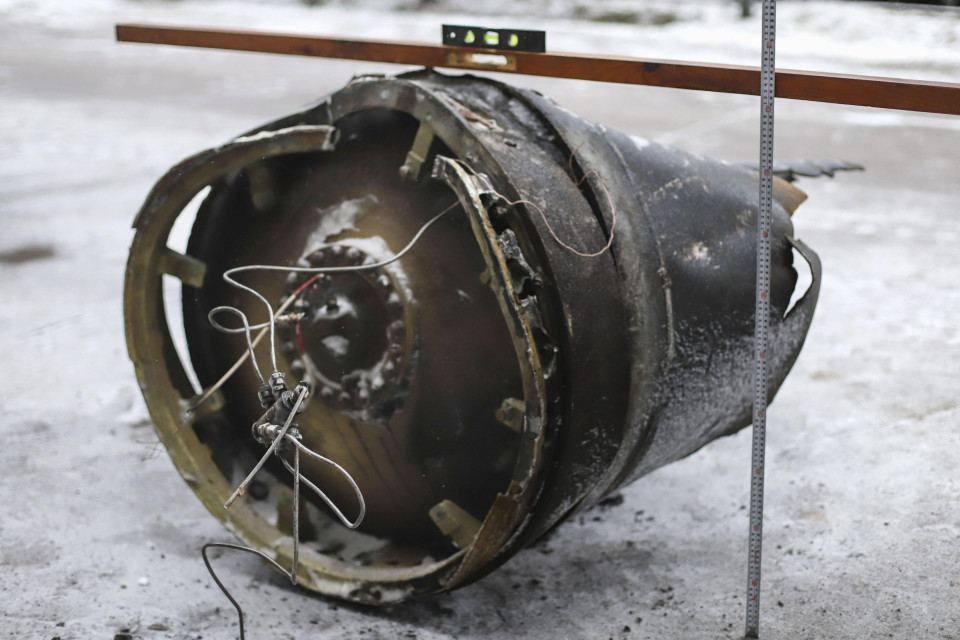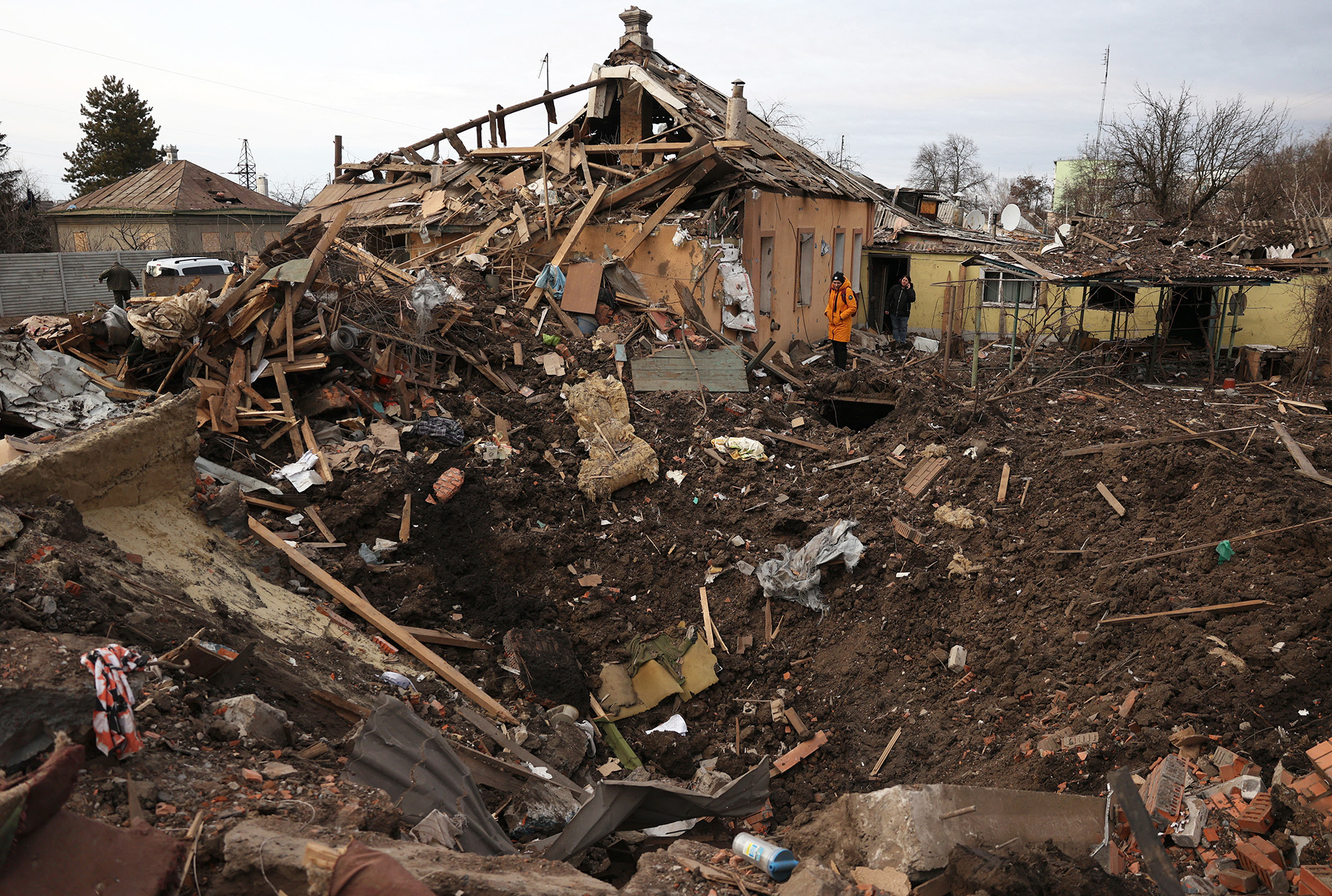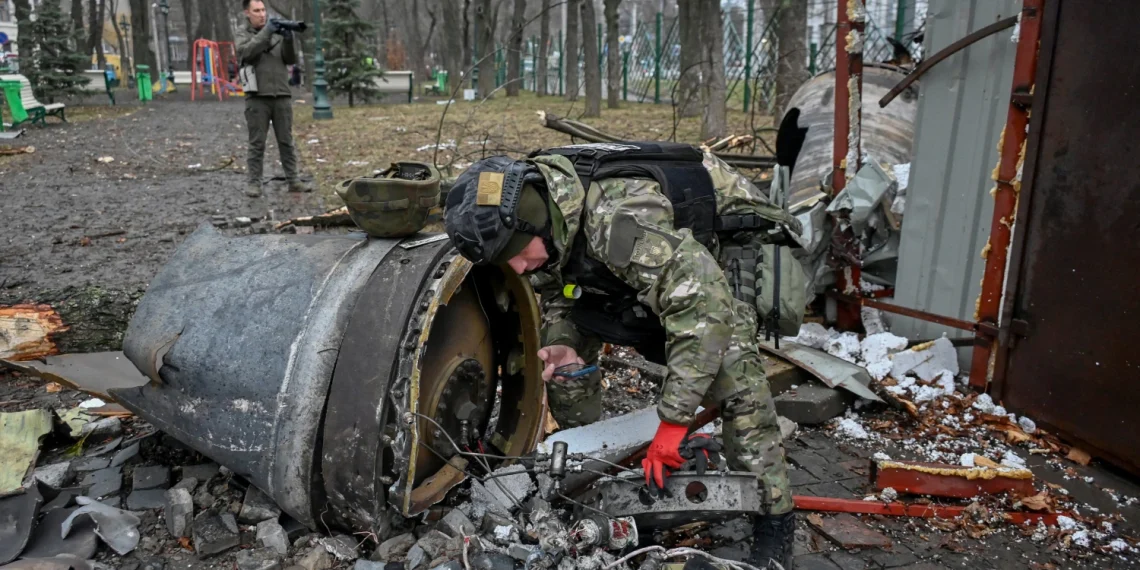A report from United Nations sanctions monitors disclosed that debris from a missile that struck Kharkiv, Ukraine, on January 2 belonged to a North Korean Hwasong-11 series ballistic missile, breaching the arms embargo on North Korea.
The Democratic People’s Republic of Korea (DPRK) has been subject to UN sanctions since 2006 due to its ballistic missile and nuclear programs, with measures progressively tightened over time.
A team of three monitors visited Ukraine to examine the debris and found no evidence linking Russia to the missile’s origin or launch.

They highlighted that if the missile was controlled by Russian forces, it would contravene the arms embargo imposed on North Korea.
Neither the Russian nor North Korean missions to the United Nations responded immediately to requests for comment.
Accusations have been levied against North Korea for supplying weapons to Russia for use against Ukraine, a claim denied by both countries.
The US accused Russia of launching DPRK-supplied ballistic missiles against Ukraine on multiple occasions during a UN Security Council meeting in February.

The Hwasong-11 series ballistic missiles were publicly tested by North Korea in 2019. Russia’s recent veto on renewing the annual mandate of UN sanctions monitors, responsible for overseeing sanctions on North Korea’s nuclear and ballistic missile programs, has escalated tensions.
Following the missile strike in Kharkiv, the regional prosecutor’s office displayed fragments of the missile to the media, suggesting a possible link to North Korea.
The incident underscores the ongoing scrutiny of North Korea’s activities and the complexities of international arms control in regions of conflict.





